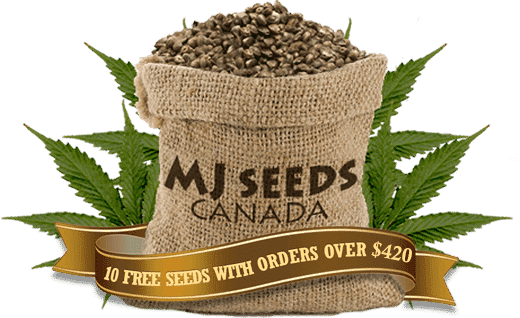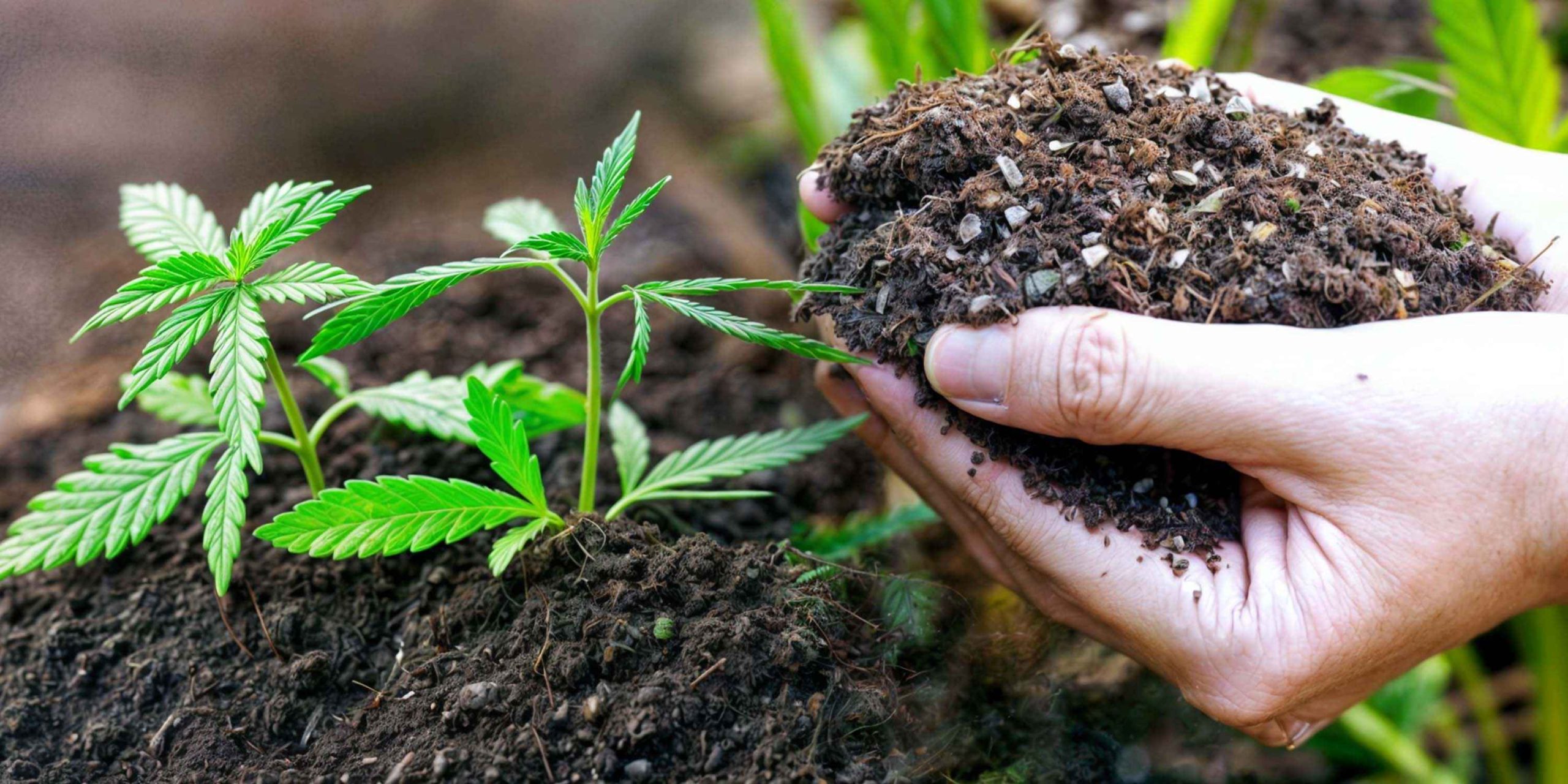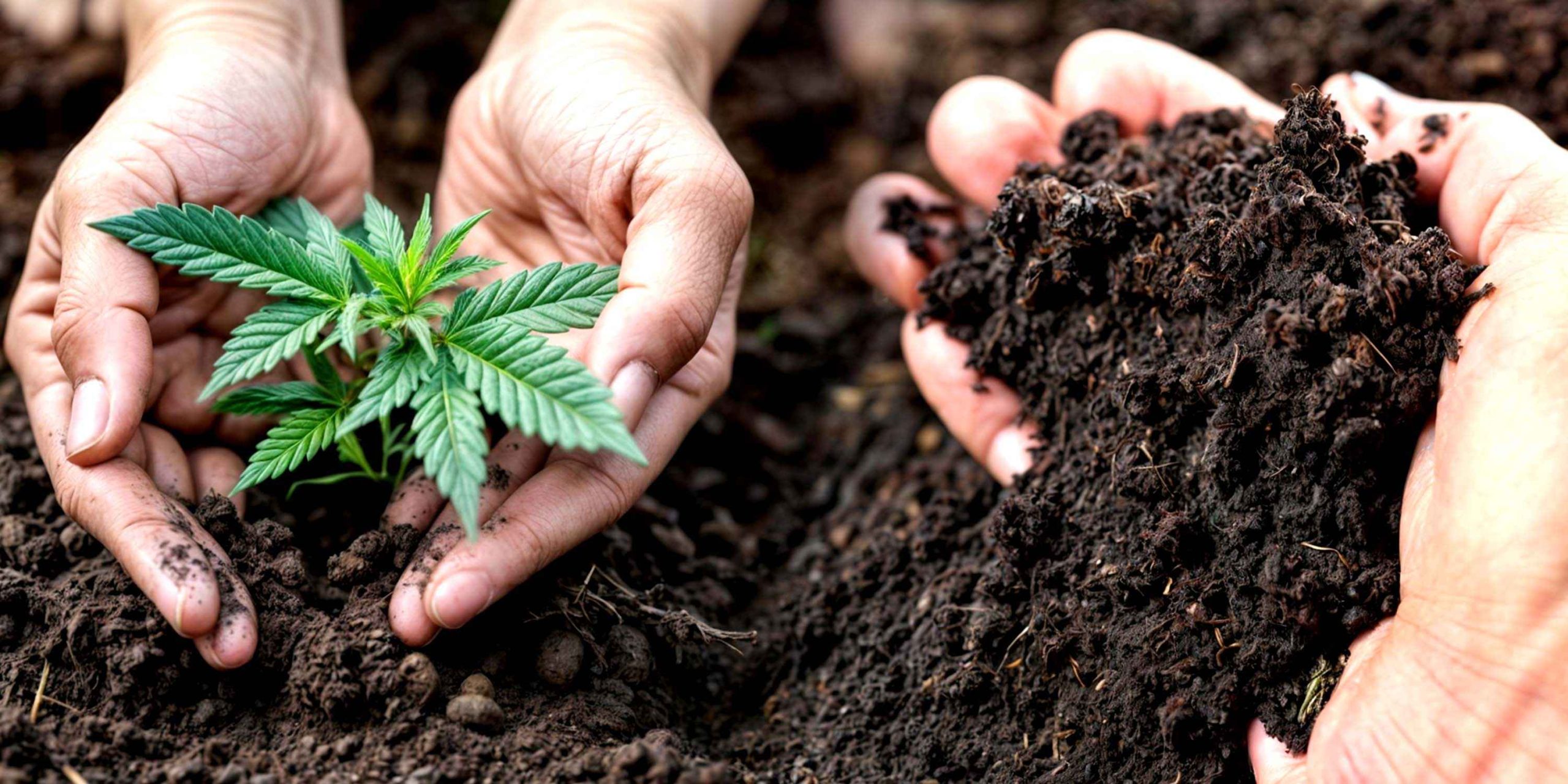Cannabis cultivation has undergone a significant transformation in recent years, with a growing emphasis on sustainability and organic practices. Organic cultivation produces cleaner, chemical-free cannabis while minimizing environmental impact. It enhances soil health, promotes biodiversity, and results in higher-quality yields with richer flavor profiles.
One crucial aspect of organic cannabis cultivation is the soil. Organic soil serves as the foundation for healthy plant growth, providing essential nutrients, microbial activity, and environmental sustainability. In this article, we will explore the benefits of cultivating cannabis organic soil, the components of a successful organic soil mix, and how to implement organic soil practices for optimal results.
Cannabis Organic Soil
Cannabis organic soil is a natural, nutrient-rich medium used for cultivating cannabis plants in an organic and sustainable manner. It consists of a blend of organic materials such as compost, coco coir, earthworm castings, and perlite, which provide essential nutrients, promote microbial activity, and enhance soil structure.
Compared to artificial fertilizers, organic soil fosters a balanced ecosystem, supporting healthy plant growth and improving flavor profiles. By avoiding synthetic chemicals and relying on natural ingredients, cannabis organic soil cultivation promotes environmental sustainability and produces high-quality, flavorful buds. It’s a cornerstone of organic cannabis cultivation, ensuring the health and vitality of the plant while minimizing environmental impact.
Soil Food Web Lifeforms
Beneath the surface of the soil lies a hidden world teeming with lifeforms that play crucial roles in supporting plant growth and soil health. This ecosystem, known as the soil food web, consists of various organisms that interact with one another to decompose organic matter, cycle nutrients, and maintain soil fertility. In this article, we’ll explore some of the key lifeforms within the soil food web and their essential functions in organic gardening.
- Bacteria: Bacteria are tiny organisms found abundantly in the soil. They break down organic matter, like dead plants and animal remains, into nutrients that plants can use for growth. Some bacteria even help convert atmospheric nitrogen into a form that plants can absorb, which is essential for their development.
- Fungi: Fungi are another crucial part of the soil food web. They create large networks of thin threads called mycelium. These threads break down organic matter and make pathways for nutrients to move between plants and soil. Especially, mycorrhizal fungi work together with plant roots, helping them absorb nutrients better and making plants stronger.
- Protozoa: Protozoa are tiny, one-celled creatures living in the soil. They eat bacteria, fungi, and other small organisms, helping to control their numbers. When protozoa eat, they release nutrients that plants need to grow. They play a vital role in maintaining soil balance and fertility.
- Nematodes: Nematodes are small worms living in soil, with different types like predators and decomposers. Some eat harmful pests, keeping their numbers in check, while others break down organic matter, releasing nutrients into the soil for plants to use.
- Arthropods: Arthropods like mites, springtails, and beetles are bigger creatures in the soil. They help recycle nutrients and break down organic matter into smaller parts, making it decompose faster and release nutrients into the soil. Arthropods also help aerate the soil through their movement and burrowing activities.
- Earthworms: Earthworms are perhaps the most well-known members of the soil food web. They ingest organic matter as they burrow through the soil, breaking it down and releasing nutrient-rich castings. Earthworm castings are prized for their high nutrient content and ability to improve soil structure and fertility.
Benefits of Growing Organic Soil
Organic soil offers numerous advantages for cannabis cultivation, including:
1. Nutrient-Rich Environment
Organic soil is full of vital nutrients, minerals, and natural materials that feed cannabis plants from start to finish. Unlike artificial fertilizers, which can upset nutrient levels and harm the soil, organic soil offers a steady and eco-friendly supply of nourishment.
2. Microbial Diversity
Healthy soil is home to a diverse community of beneficial microorganisms, including bacteria, fungi, and earthworms. These microbes play a crucial role in nutrient cycling, soil structure improvement, and disease suppression, contributing to overall plant health and vitality.
3. Improved Water Retention and Drainage
Organic soil has excellent water retention properties, ensuring that cannabis plants have access to moisture during dry periods. At the same time, organic soil promotes proper drainage, preventing waterlogged conditions that can lead to root rot and other moisture-related issues.
4. Enhanced Flavor and Aroma
When cannabis is grown in organic soil, it tends to have better taste and smell than those grown with artificial fertilizers. This happens because organic soil has lots of natural nutrients and tiny organisms that give the plant its special smells and flavors.
5. Environmental Sustainability
Growing weed organically helps the environment by using fewer synthetic products and preventing soil erosion and nutrient runoff. It supports healthy soil systems, preserves natural resources, and strengthens ecosystems.
Components of Cannabis Organic Soil
Creating a successful organic soil mix requires a combination of natural ingredients and amendments. Some essential components of a cannabis organic soil mix include:
- Compost
High-quality compost serves as the foundation of organic soil, providing essential nutrients, organic matter, and beneficial microorganisms. - Coco Coir
Coco coir, derived from coconut husks, is an excellent alternative to peat moss in organic soil mixes. It improves soil structure, enhances water retention, and promotes aeration. - Earthworm Castings
Earthworm castings are a valuable source of nutrients, enzymes, and beneficial microbes. They contribute to soil fertility, improve nutrient availability, and enhance soil structure. - Perlite
Perlite is a lightweight, volcanic rock that improves soil drainage and aeration. It prevents compaction and promotes root development in organic soil. - Organic Amendments
You can improve the soil even more by adding other organic ingredients like kelp meal, bone meal, and blood meal. These additions provide extra nutrients and make the soil even better for growing plants.
Implementing Organic Soil Practices
To cultivate cannabis with organic soil successfully, follow these key practices:
- Start with Quality Ingredients: Use high-quality compost, coco coir, earthworm castings, and other organic amendments to create a nutrient-rich soil mix.
- Maintain Soil Health: Monitor soil moisture levels, pH balance, and nutrient levels regularly to ensure optimal growing conditions for cannabis plants.
- Encourage Microbial Activity: Incorporate beneficial microbes, such as mycorrhizae and compost tea, into the soil to enhance nutrient uptake, disease resistance, and overall plant health.
- Practice Crop Rotation: Rotate cannabis plants with other crops to prevent soil depletion and maintain soil fertility over time.
- Minimize Synthetic Inputs: Avoid synthetic fertilizers, pesticides, and herbicides, as they can disrupt soil ecosystems and harm beneficial microorganisms.
Role of Macronutrients & Micronutrients in Organic Cannabis Growing
Macronutrients like nitrogen, phosphorus, and potassium are essential for cannabis growth, influencing processes such as photosynthesis, root development, and flower formation. Micronutrients like iron, calcium, and magnesium support enzyme reactions and cell structure, ensuring healthy plant growth and development.
Achieving a balanced mix of these nutrients is crucial in organic cannabis cultivation, promoting optimal plant health and maximizing yields. Organic fertilizers and soil amendments are commonly used to provide these nutrients in a natural and sustainable manner, contributing to the overall health and vitality of the cannabis plants.
What is the best soil for growing organic cannabis?
The best soil for organic cannabis cultivation is a nutrient-rich, well-balanced organic soil mix that supports plant growth and fosters a healthy soil ecosystem. A high-quality organic soil blend typically consists of natural ingredients such as compost, coco coir, earthworm castings, perlite, and organic amendments like kelp meal or bone meal.
This blend provides essential nutrients, promotes beneficial microbial activity, improves soil structure, and enhances water retention and drainage. By avoiding synthetic fertilizers and pesticides, organic soil cultivates cannabis plants in a sustainable and environmentally friendly manner, resulting in healthier plants and higher-quality yields.
Conclusion
Cultivating cannabis with organic soil offers numerous benefits, including improved plant health, enhanced flavor and aroma, and environmental sustainability. The idea behind organic growing is to work with nature rather than against it. By maintaining healthy soil full of beneficial microbes and nutrients, organic growers can produce high-quality buds without harming the environment. Plus, organic cannabis tends to have better flavor and aroma, making it a favorite among connoisseurs. Overall, organic cannabis growing is a sustainable and responsible way to cultivate marijuana, ensuring a healthier product for both consumers and the planet.
Frequently Asked Questions
1. What is organic cannabis growing?
Organic cannabis growing involves cultivating marijuana plants using natural methods and materials, without synthetic chemicals or genetically modified organisms (GMOs). It prioritizes soil health, biodiversity, and environmental sustainability.
2. How do I start growing organic cannabis?
Start by selecting high-quality organic seeds or clones and preparing nutrient-rich organic soil. Focus on maintaining soil health, providing adequate water and nutrients, and managing pests and diseases using natural methods.
3. What nutrients do organic cannabis plants need?
Organic cannabis plants require macronutrients such as nitrogen, phosphorus, and potassium, as well as micronutrients like iron, calcium, and magnesium. These nutrients are typically provided through organic fertilizers, compost, and soil amendments.
4. Can I grow organic cannabis indoors?
Yes, you can grow organic cannabis indoors using organic soil mixes, natural fertilizers, and sustainable cultivation practices. Ensure proper ventilation, lighting, and humidity levels to create an optimal growing environment.
5. How long does it take to grow organic cannabis?
The time to grow organic cannabis varies depending on factors such as the strain, growing conditions, and desired harvest size. On average, it takes around 3 to 5 months from seed to harvest for most cannabis varieties.






